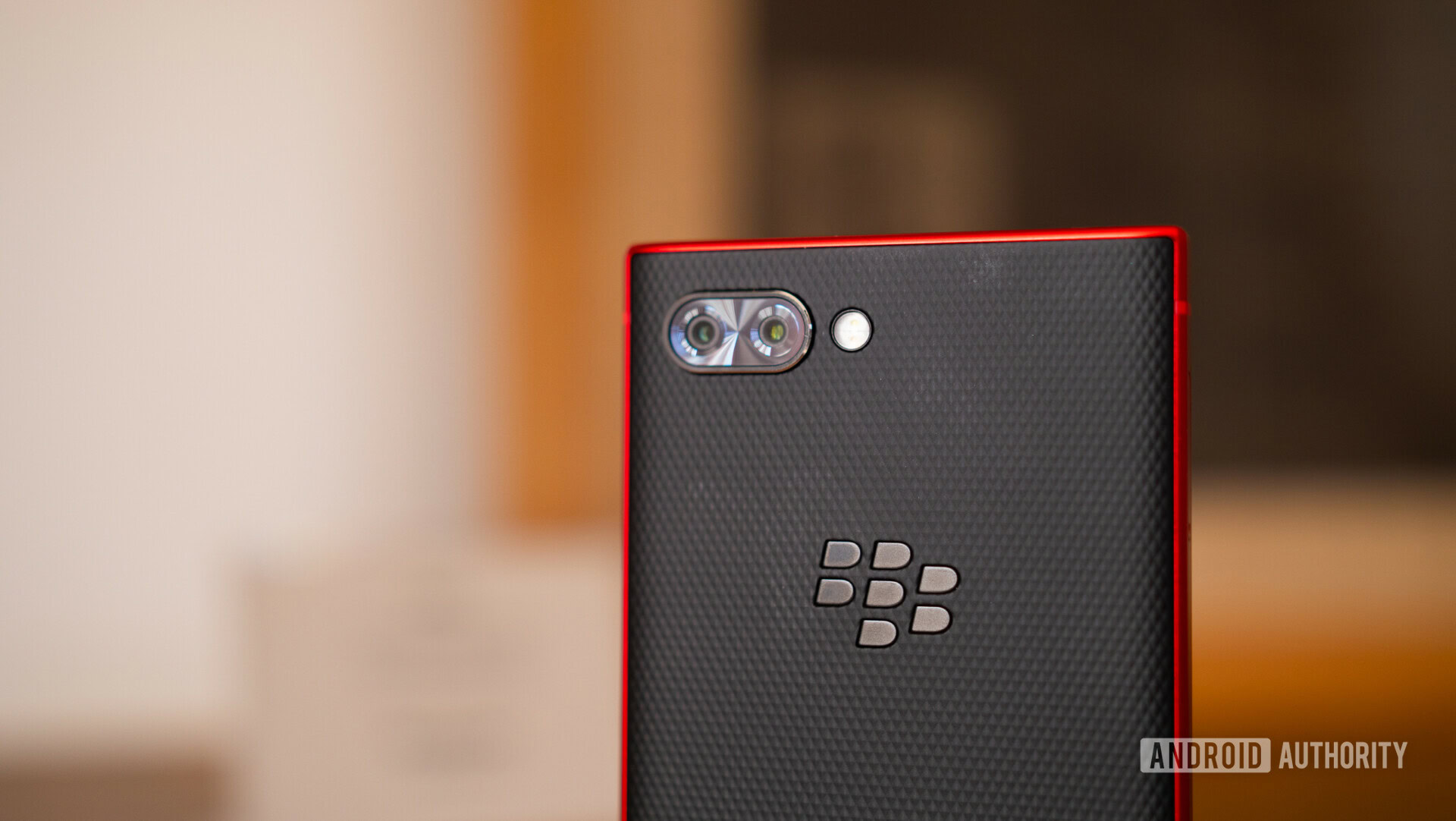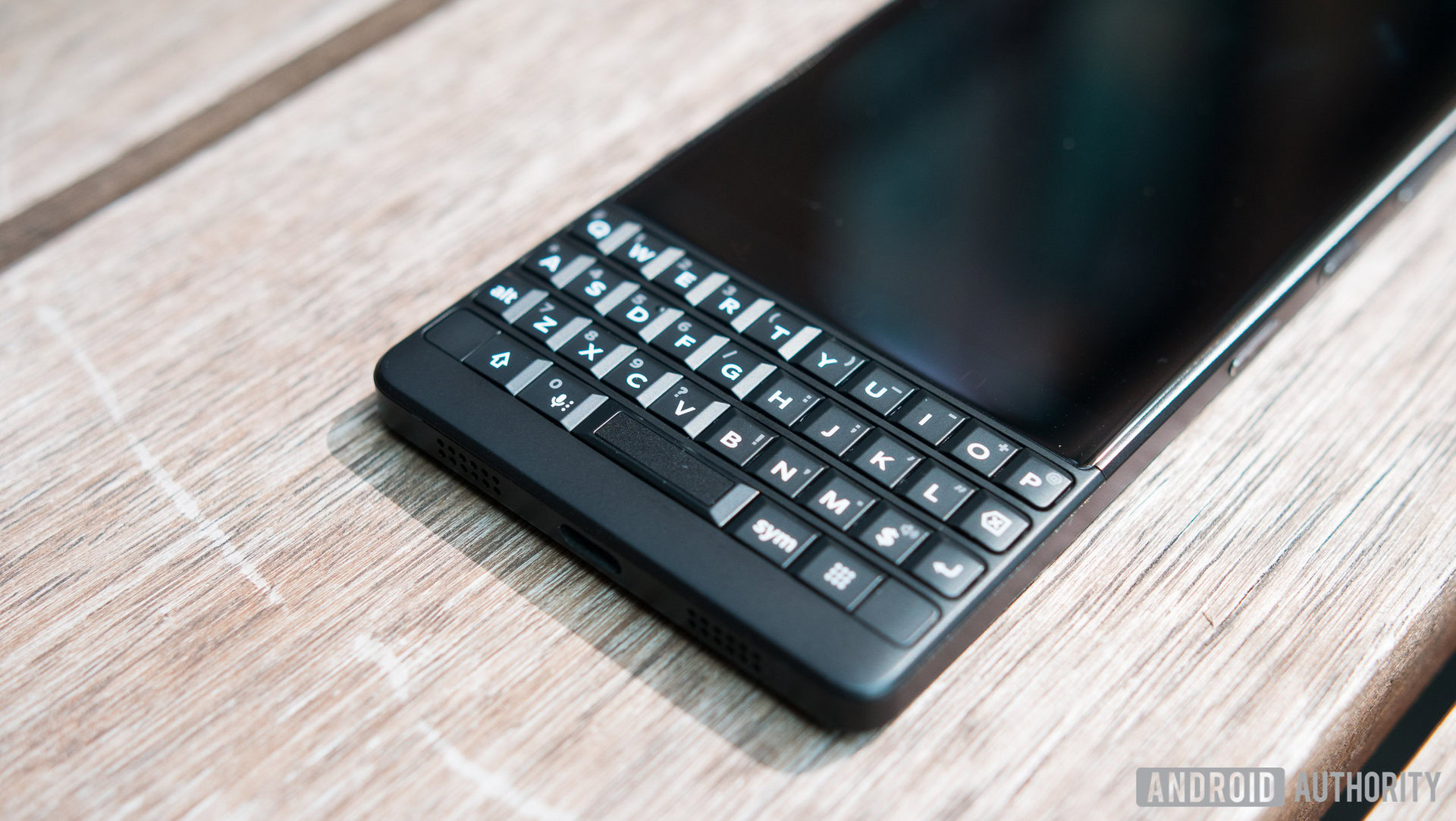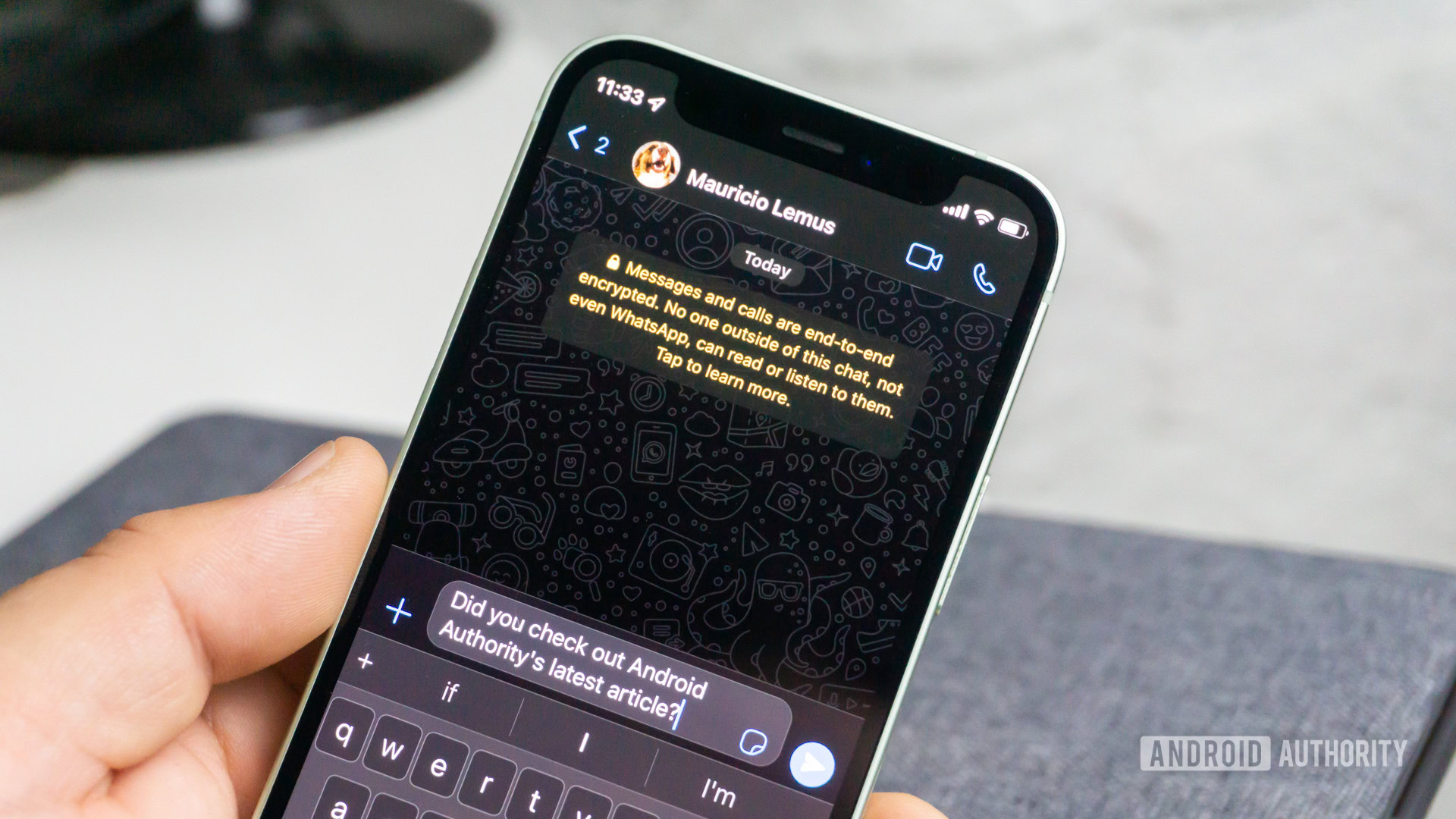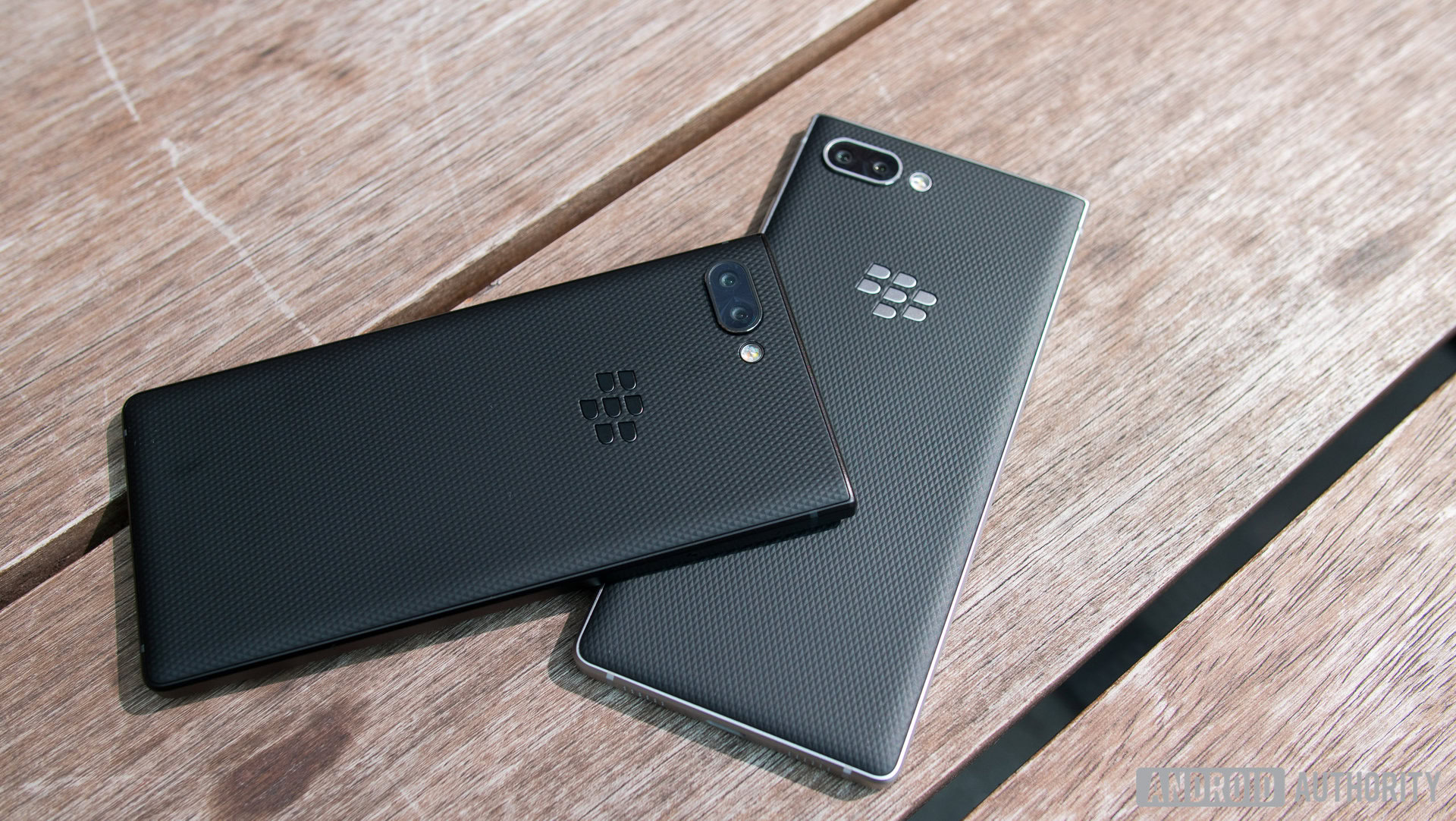Affiliate links on Android Authority may earn us a commission. Learn more.
BlackBerry and BBM will forever live on in my Dominican heart
Published onMarch 7, 2019

With noon right around the corner, my mom called over myself, my dad, my brother, and my cousins to get the table ready for dinner. It’s a hot summer day, but my mom didn’t seem to care —she made platanos con salami, my favorite Dominican fried food.
As delicious as the dinner was, what sticks in my mind to this day is how many BlackBerry phones were around me. Once dinner was done, my cousins and I weren’t afraid to take out our BlackBerry phones and send off messages to friends and relatives. It’s as if we were on the edges of our seats, waiting for that red LED light and accompanying notification sound to go off.
Then again, why wouldn’t they? It was July 2012, when BlackBerry phones were the most popular around and nothing came clo…wait a minute. BlackBerry, formerly known as Research in Motion (RIM), only held six percent of the global smartphone market in 2012. By comparison, Apple and Samsung held a combined 64.7 percent of the market.
What gives? Why didn’t I give up my BlackBerry for an iPhone or Android phone? Why didn’t my relatives do the same? For me, at least, the answer contains more than you might think.
As you might know, Thursday is often associated with Throwbacks. With that in mind, I decided to take a little trip down memory lane and explain just why it took me so long to move past Blackberry when the rest of the world had largely left it behind.
Getting in touch
My first Android phone was the T-Mobile G1, the first Android phone sold in the U.S. Being a T-Mobile customer in 2008 meant that I didn’t get an iPhone — the G1 was the closest thing to an iPhone I could get.
Overall, I enjoyed my time with the G1. The phone had a touchscreen, a display that slides out to show the keyboard, a trackball for easier navigation, and access to third-party apps. The G1 wasn’t without its faults, though — the keyboard felt mushy, battery life wasn’t very good, there wasn’t a headphone jack, and the software felt incomplete.
For me, family is everything.
The biggest fault had nothing to do with the phone itself, but everything to do with my family.
Being a first-generation American comes with its perks, such as affording me opportunities that my parents didn’t receive back in the Dominican Republic. However, it also comes with a major downside — not having much of your extended family around you.

For me, family is everything. That seems to be as much a cultural thing as a personal one — no matter what, family will be there. My problem was that I didn’t have much of them around me for a long time. The only way my immediate family and I communicated with my extended family back in the Dominican Republic was through calling cards that somehow had fewer minutes than we initially thought they had.
Then came BlackBerry. Everyone in my family had a BlackBerry phone, which meant everyone in my family used BlackBerry Messenger (BBM). It’s a shell of its former self today, but BBM was incredibly popular during BlackBerry’s heyday. In a way, BBM set the foundation for future and more popular instant messaging services like WhatsApp, Messenger, and iMessage.
Having a BlackBerry phone and using BBM returned a piece of my identity that I felt was missing.
Knowing that my family was on BBM, I decided to give my G1 to my brother in 2009 and move to the BlackBerry Curve 8900. With the Curve 8900, it felt like every pro canceled out with a con. It had a great and comfortable keyboard, but the keyboard was there whether I wanted it or not. The screen was great, but it didn’t support touch. The battery life was fantastic, but the phone lacked 3G connectivity.

I’ll admit that the cons were a bit annoying, but I tolerated them for one simple reason — BBM. I finally had a direct line with family members that I would normally see once a year, if I’m lucky. It made me incredibly happy that I could talk with my cousins about how school was going for them, if they had any relationships, how my school stuff was going, how my folks were doing, how my aunts and uncles were doing, how they were holding up.
This might sound silly, but having a BlackBerry phone and using BBM returned a piece of my identity that I felt was missing. For years, the lack of communication bred a feeling of being disconnected from the rest of my very populous family. BBM didn’t fully fix that feeling, but it helped to minimize the feeling quite a bit.
Gone, but not forgotten
Nowadays, things are very different. I have WhatsApp to chat with my family, more of my family moved to the U.S. to live better lives, and I shoulder adult responsibilities like paying taxes, prepping a wedding, and remembering where I parked my car.
It took me a while to let go. Android and iOS only grew in popularity as time passed, with BlackBerry unable to keep pace. Things eventually got to the point where BlackBerry only held 0.0481 percent of the market. I could no longer ignore the growing tide that was Android and iOS — I said goodbye to my BlackBerry Classic in 2015 and said hello to the Nexus 6P.

Even if it’s not the juggernaut that it once was, BlackBerry still holds an important place in my heart. During a time when I was in college and just starting to figure things out for myself, BlackBerry gave me the opportunity to connect with my family in a way I never thought possible.
That’s something I appreciate today and something I appreciated in that hot summer day in 2012. As I looked at my cousins using BBM on their BlackBerry phones, I couldn’t help but think that I can keep talking with them once I returned home to New York City.
All I had to do was wait for that red light.
As you can see, technology can often become something truly personal. Do you have a similar story about a tech product in your life that still holds a special place in your heart even if it’s days of relevance are long gone? Tell us about it down in the comments.